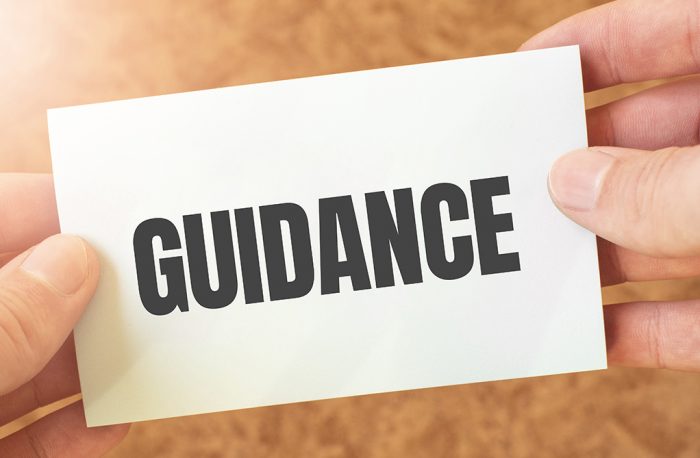The Bureau of Human Services Licensing (BHSL) within the Office of Long-Term Living (OLTL) has issued the following guidance on the lifting of regulatory suspensions for Personal Care Homes (PCHs) and Assisted Living Residences (ALRs):
On July 1, 2022, the suspension of various regulatory provisions under the state disaster emergency declaration was extended to October 31, 2022. On November 1, 2022, the remaining regulatory suspensions expired, and the full regulatory requirements of 55. PA Code Chapter 2600 (Personal Care Homes) and 55. PA Code Chapter 2800 (Assisted Living Residences) were reinstated.
While most of these regulatory requirements required compliance beginning immediately on November 1, 2022, certain regulatory suspensions included 90-day grace periods designed to allow facilities to fully comply with the regulations. That 90-day period will come to an end on January 30, 2023. Facilities are expected to be able to demonstrate compliance with these regulations beginning January 31, 2023.
A guidance document for Personal Care Homes and Assisted Living Residences includes a list of all applicable regulations that were suspended under the emergency declaration, the dates and details of the suspensions, and clarification on what providers can expect when compliance is being measured in their facilities.
Please note that compliance with annual training requirements is dependent on the 12-month training year for Direct Care Staff and Administrators, as determined by the licensed entity. Training requirements for training years that ended between January 1, 2022, and December 31, 2022, are required to be in compliance by January 31, 2023. If a training year began in 2022 but does not end until 2023, that training year is incomplete and compliance cannot be measured until after the conclusion of the training year.
Please also note that for administrator training years ending in 2023, all 24 hours of administrator training may be completed online, provided that at least 12 of those hours are formatted as a live training (e.g., Zoom, Teams, etc.). A maximum of 12 hours of online asynchronous or pre-recorded trainings are permitted.
Questions about this announcement and the guidance document can be directed via email.

















